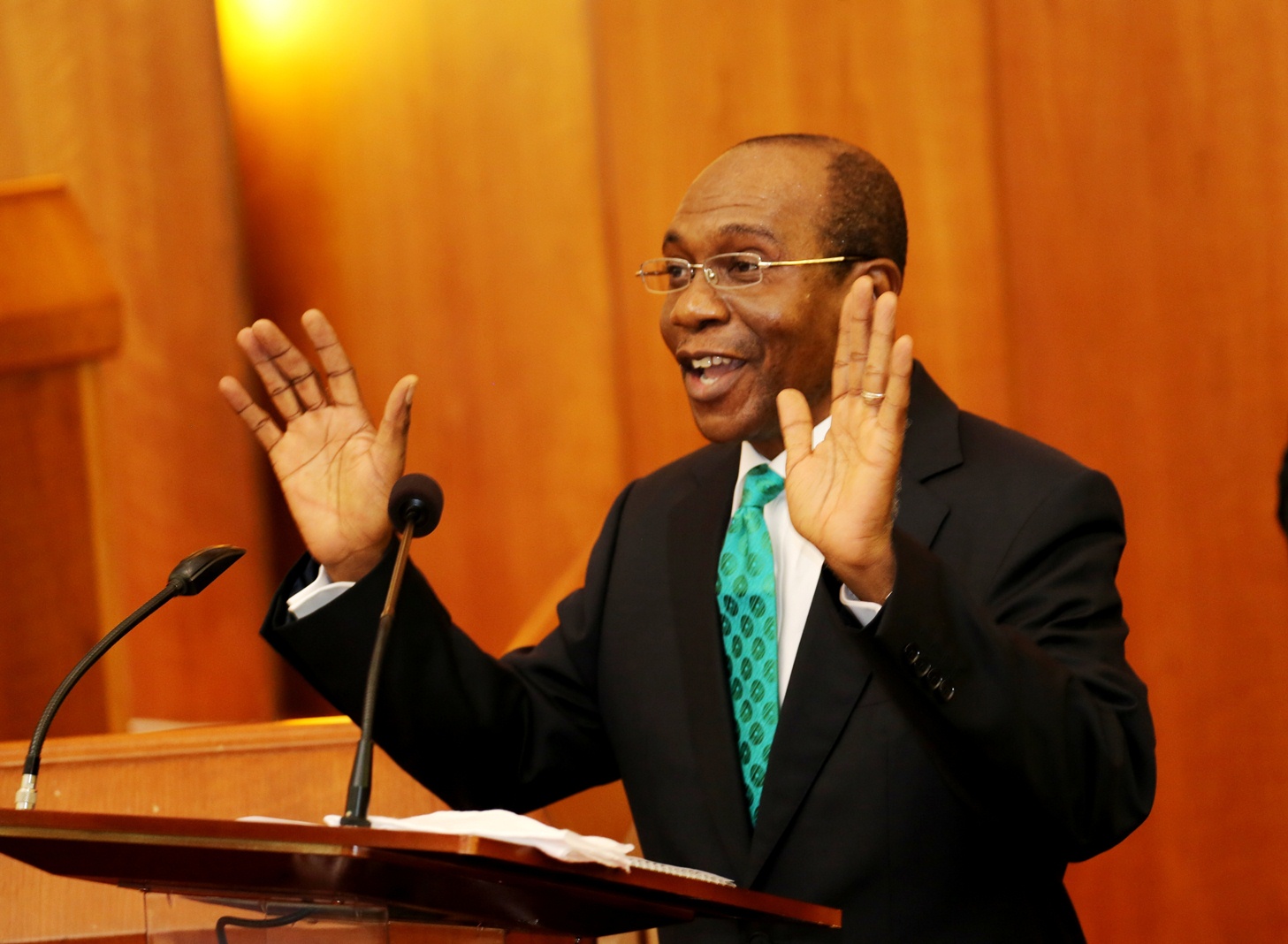Godwin Emefiele, the Central Bank of Nigeria’s governor, is convinced that cryptocurrency threatens Nigeria’s financial system and must remain under quarantine indefinitely.
At a Senate hearing held on Tuesday, Emefiele described cryptocurrency as “money that is created out of thin air” and used by “players in an electronic dark world where transactions are extremely opaque.”
“They are black. They are not white. They are not visible and they are not transparent,” he said, staring directly at the audience while emphasizing “black” and “white.”
Emefiele’s invitation by the Senate followed the CBN’s directive to commercial banks to stop enabling cryptocurrency transactions through the financial system. That order, published on February 5, threatened to sanction banks that refuse to comply.
In the wake of that order, banks have begun closing accounts of not only crypto exchange platforms but also individuals who may have used their accounts to trade coins like Bitcoin and Ethereum before February 5.
It is not clear that this retroactive account closure was the intention of the order, according to four legal teams who provided opinions to TechCabal.
“We know enough…”
However, Emefiele and the CBN believe that preventing crypto from passing through the banking system ensures safety for Nigerians.
“Since many Nigerians delved into its usage, we have been studying its development and paying close attention to occurrences in that space. Now we know enough at this stage to decide that a continuation of these opaque activities significantly threatens the safety and soundness of our financial system.”
In his view, crypto traders are people “who deal in transactions that do not want a trail,” suggesting a general tendency for malicious behaviour.
The absence of a trail, Emefiele said, was enough to warrant the bank’s pessimism towards the currency.
“I’m sure that these definitions alone are scary enough to create anxiety for any regulator or Central Bank or Fed in any part of the world. That is the reason virtually all regulators in the world do not recognise it.”
Contrary to the apex bank’s initial explainer defending the ban on the basis of fraudulence enabled by anonymity, crypto exchanges have long insisted that they take Know Your Customer (KYC) and anti-money laundering features seriously on their platforms.
Most require users to submit their bank verification numbers, personal information and impose maximum limits on transactions per period.
Investigate crypto exchanges
The CBN’s ban on bank-supported crypto transactions sent crypto exchanges into a panic about their future. But it appears the door is not completely shut just yet.
“For avoidance of doubt, we have tasked our banking supervision, payment system, and IT department to conduct a thorough investigation into the activities of current exchanges and their major players.
The result of the investigation will lead to better understanding of the activities and may be unveiled to all in due course,” Emefiele said.
Local crypto exchanges in Nigeria like BuyCoins, Bundle and Quidax have had to find creative ways to keep providing services to clients after the CBN’s ban earlier this month. Peer-to-peer exchanges and stablecoins are currently being explored at these startups, with a few more options under wraps.
It remains to be seen what the CBN’s review will reveal. In the meantime, Emefiele emphasises the negative stories from crypto trading.
“We know that cryptos or bitcoins have been used to facilitate scam which we all popularly call 419 transactions. They have been known to facilitate money laundering, and be an avenue through which kidnappers receive ransom, and finance terrorism”
Nigeria ranks highly on many crypto exchanges in terms of transaction volume. To Emefiele, it’s nothing to be proud of.
“Our business is not a popularity contest. Our business is to protect the uniformed and ensure that those who seek protection in a regulated environment receive those protections.”
Emefiele ended his Senate remarks by requesting “patience and understanding as [the CBN continues] to monitor this space and get a better understanding.”





















